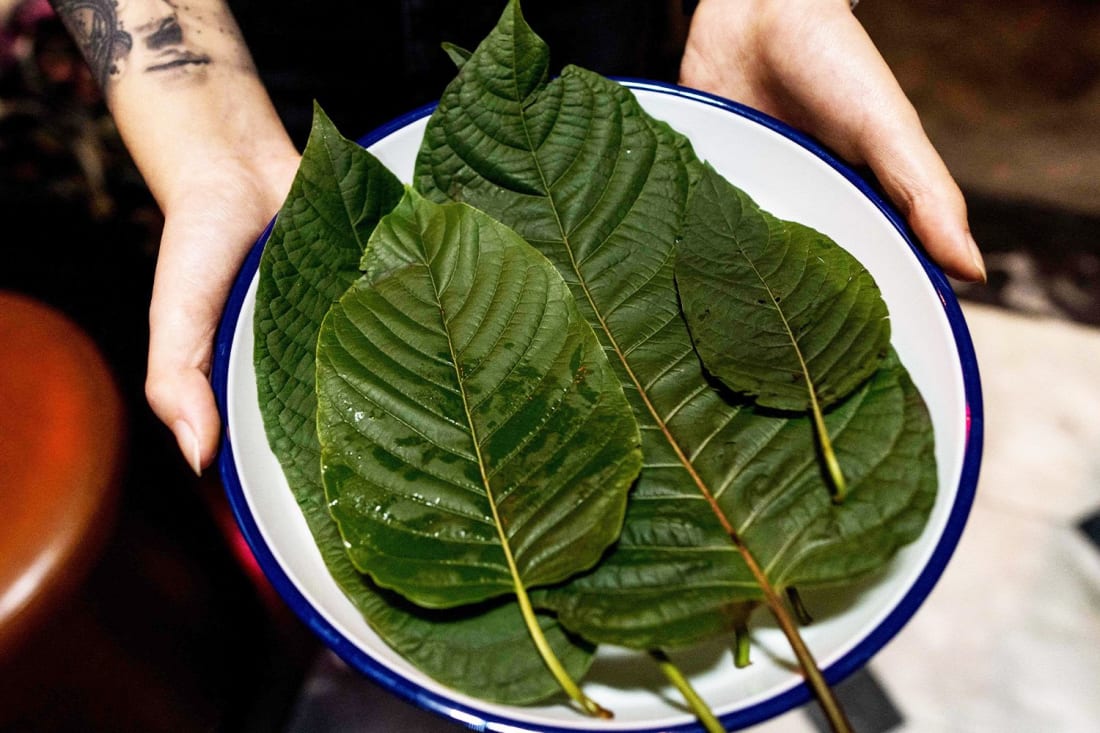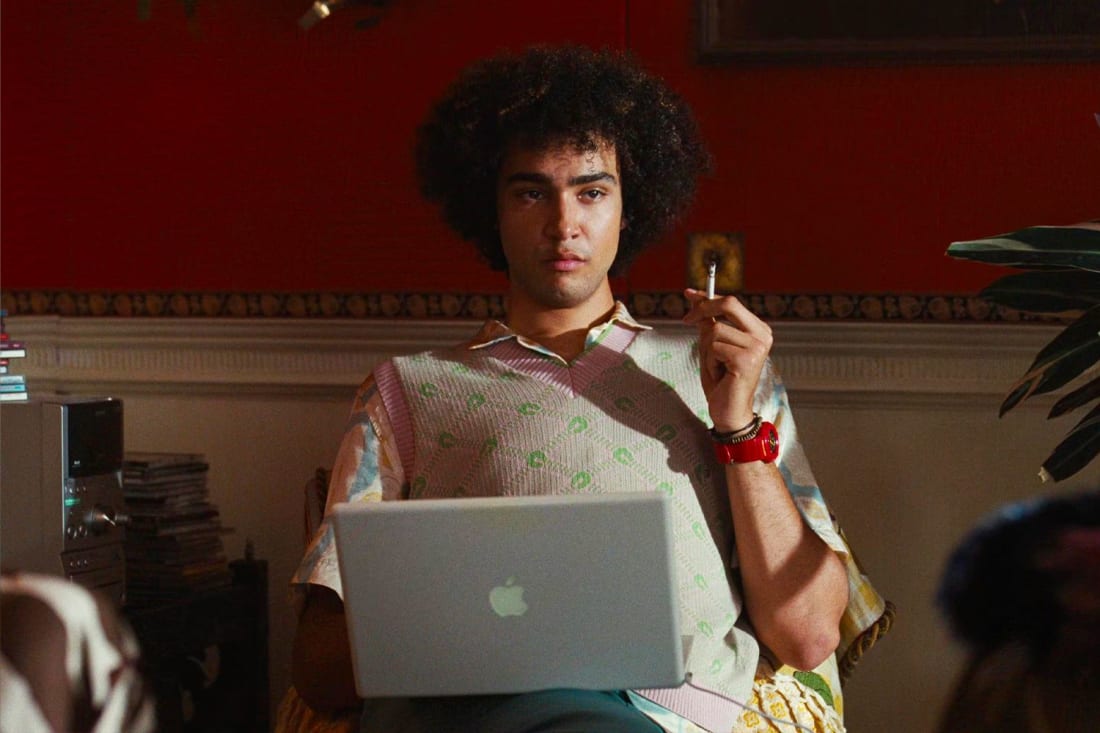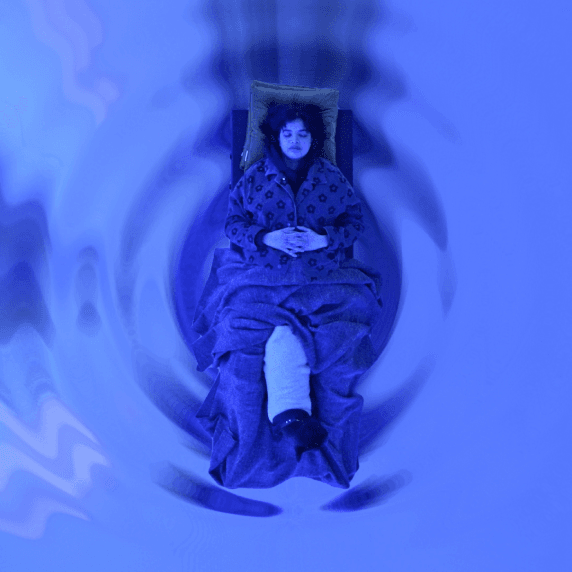Code-switching: here’s why some people have two accents
We speak to TikToker Sara Deshmukh about her accent causing a furore online, and why juggling speech styles can be important for immigrants
We speak to TikToker Sara Deshmukh about her accent causing a furore online, and why juggling speech styles can be important for immigrants
We all have inside clothes that we wouldn’t dare to wear outside. That stained tee from 7 years ago that’s super comfortable, or the joggers with little holes that you can never remember to sew up. But do you have an inside and outside voice? No, not the volume at which you speak, but the accent. Imagine saying the same words, the same sentences but with different intonation and enunciation based on who you’re surrounded by.
For many immigrants, shifting between accents to blend in better is an everyday reality. In fact, it’s so normal that there’s a whole term for it: code switching. Bernie O’Rourke, a Professor of Sociolinguistics at the University of Glasgow defines this as literally switching between two codes based on your surroundings. For bilinguals, the codes could be two languages but it could also be a way of dressing or eating and in this case, it refers to juggling accents.
Let’s look at London-based content creator duo Sara and Avni Deshmukh. Better known as Iconicakes online, the sisters have nearly 3 million followers on TikTok and until recently, spoke to their audience primarily in a British English accent. But this way of speaking didn’t come naturally to the creators. A little over a decade ago, Sara and Avni migrated to the UK from Pune, an Indian city where they spoke Marathi at home and scanty English at school.
“For the first two years in the UK, I didn’t say a word at school because everyone around sounded so different and I lost my confidence,” Sara, 22, shares. “My sister and I spent hours listening to the automated voice that announces stops on the bus to learn how to speak in British English. We just wanted to make friends in class and not feel as lonely.” This need for community, in fact, is what pushed them to start creating content as pre-teens on Instagram.
When the sisters realised it was much easier to assimilate into London life if their accent didn’t stick out, they held onto it. But at home, to each other and with their family, they continued to speak in an Indian English accent, stressing on the ‘r’ and speaking in rhythmic syllables. Sara explains, “So if a British friend was sitting at the table with my mother and my sister, I would speak to the friend in an English accent and then my family in an Indian one. It was exhausting to keep up.”
This code switching not only impacted the way Sara and Avni wore their culture but also their confidence and comfort in their own skin. Despite taking pride in their Indianness, they felt a certain need to posture in public and to their audience online. So a couple months ago, Sara decided to drop the British accent in her videos: “It’s funny because we started creating content to find community and I wanted to fully be myself there. I know how reassuring it would’ve been for me if I had heard someone with influence talk in an Indian accent when I was growing up.”
Still, no one could have predicted the furore this switch would cause. While some followers and fellow creators celebrated Sara, speaking about the mental labour marginalised communities have to take on to code switch, the loudest voices on TikTok were negative. Some people mocked and shamed the creator for apparently mimicking an Indian accent, while others accused her of lying. The most shocking bit? The uproar came from other South Asians and people of colour.
“I understand people are confused because I sound different and I sympathise with that. But I’m not okay with anyone telling me I’m going backward by dropping my Western accent for an Indian one,” says Sara. In many parts of India, a former British colony, British English is still revered as the ultimate gold standard. It signifies higher class, taste, easier access to opportunities and subsequently a better life. Although regressive and rooted in internalised racism, this bias isn’t unfounded.
As per a 2023 study conducted by Monash University, job applicants with non-English or non-Anglicised names received 57.4 per cent fewer callbacks than applicants with English names. In another study, psycholinguist Shiri Lev-Ari found that people are "less likely to believe something if it’s said with a foreign accent", due to the extra work our brains have to do in order to process non-English speech and sounds. Clearly, there are larger systems at play that favour a standardised British accent over non-native dialects.
“While we may have moved away from overt racist actions, differentiation based on accents remains a form of soft discrimination that often goes unnoticed but has detrimental effects,” O’Rourke says. Also, for decades Indians have been typecast in popular culture as the unattractive but smart character with oiled hair and smelly food. Think Raj Koothrappali in The Big Bang Theory and before him Apu Nahasapeemapetilon in The Simpsons.
Only recently, with Charithra Chandran’s frivolous Bridgerton character and Avantika Vandanpu’s sexy portrayal of Karen Shetty in the new Mean Girls has this stereotype been challenged. It’s important to note that this shift – from boring and ugly to popular and attractive – also came with a change in accent, as both characters speak with pronounced Western intonations.
British Indian TikToker Anjali, who posted a video in support of Sara’s decision, tells woo, “I disagree with people shaming Sara but I’m not angry because this bias comes from a lot of trauma and pain. People are afraid that if we switch back to Indian accents we’re reverting to old stereotypes and the world would limit us into racialised boxes again.” The 25-year-old creator adds that members of her own family often look down upon people with Indian accents, assuming they are less worthy of opportunities.
Of course we want the prejudice to end and individual action can make a difference. But undoing accent privilege requires systemic change; globalised governments need to put better policy in play that doesn’t favour Western accents. Until then, it is and will be normal for people to speak in multiple dialects. Code switching is more common than you may realise and is hardly limited to South Asians.
On and off TikTok, Black communities have also spoken about the pressures of having to switch accents to avoid racial profiling. “My parents had instilled in me the idea that because I was a Black girl, I would have to work twice as hard… I wanted to distance myself from the stereotype of being a loud, disruptive truant; a stereotype I knew would be more easily pinned on me than on a white student,” Paula Akpan wrote for Refinery29. “And so, through keeping quiet in lessons save for answering questions, avoiding slang that could be frowned upon, and modifying my accent, I began to code-switch.”
Accents aren’t just a fun way to mimic people but they frame interaction, opportunities and self-worth for many. While Sara decided to take the leap and embrace her Indian accent in public, her sister Avni and countless other immigrants are still on the fence, and that’s completely okay. Read again for emphasis x



















